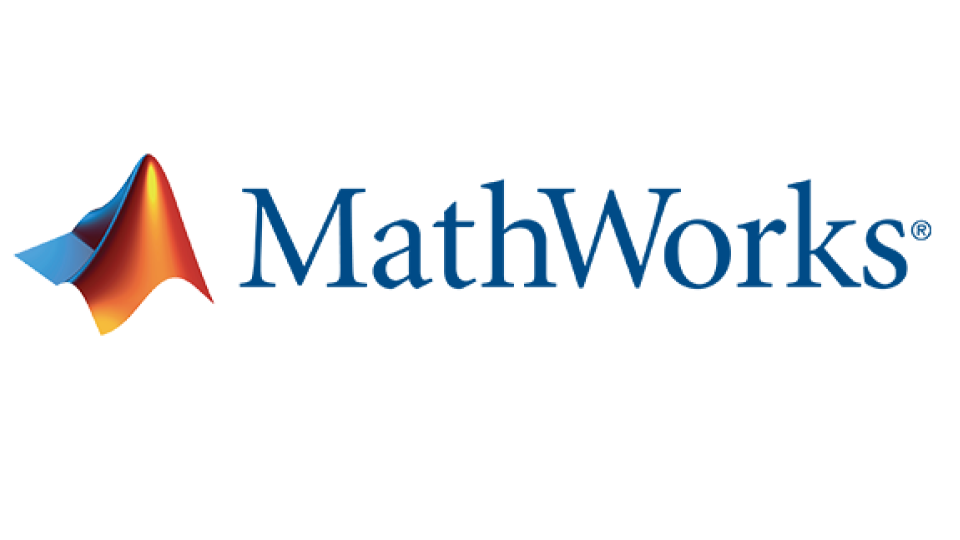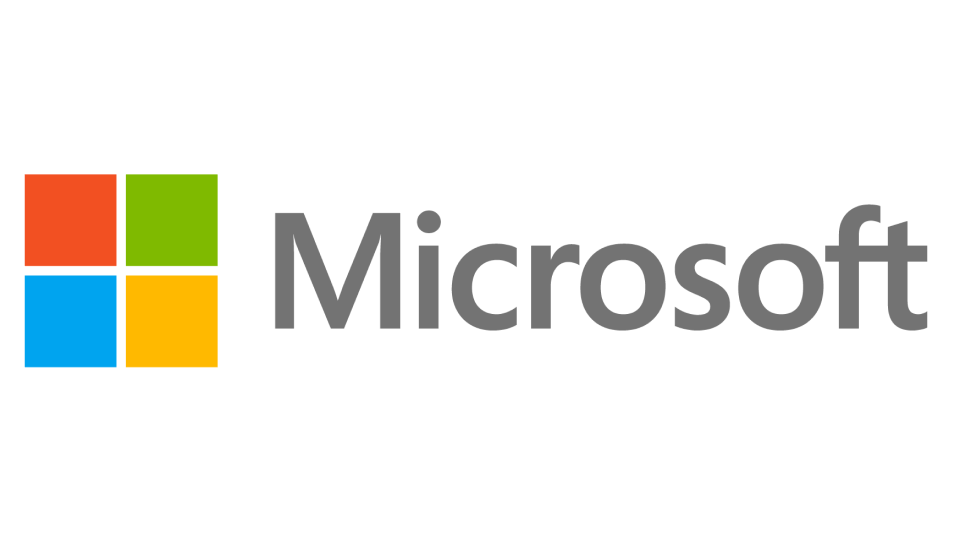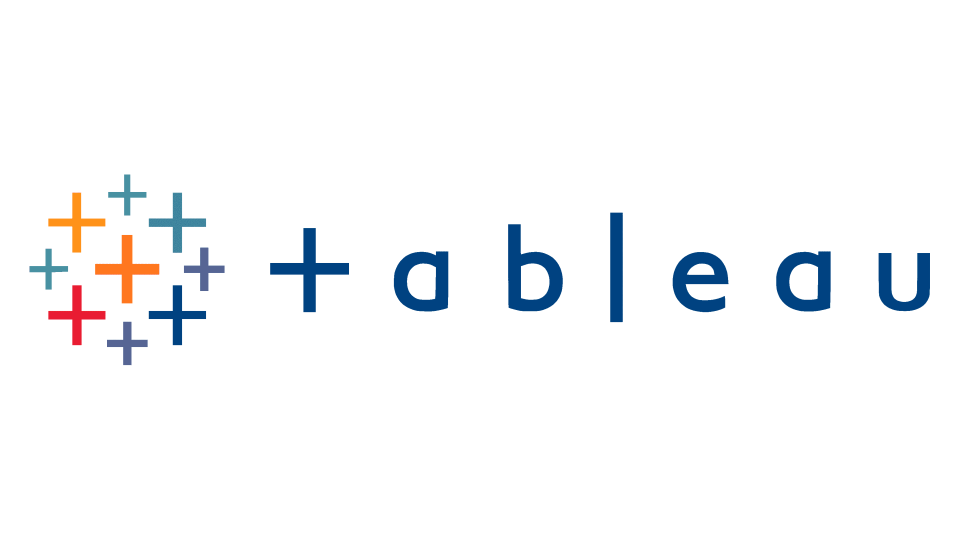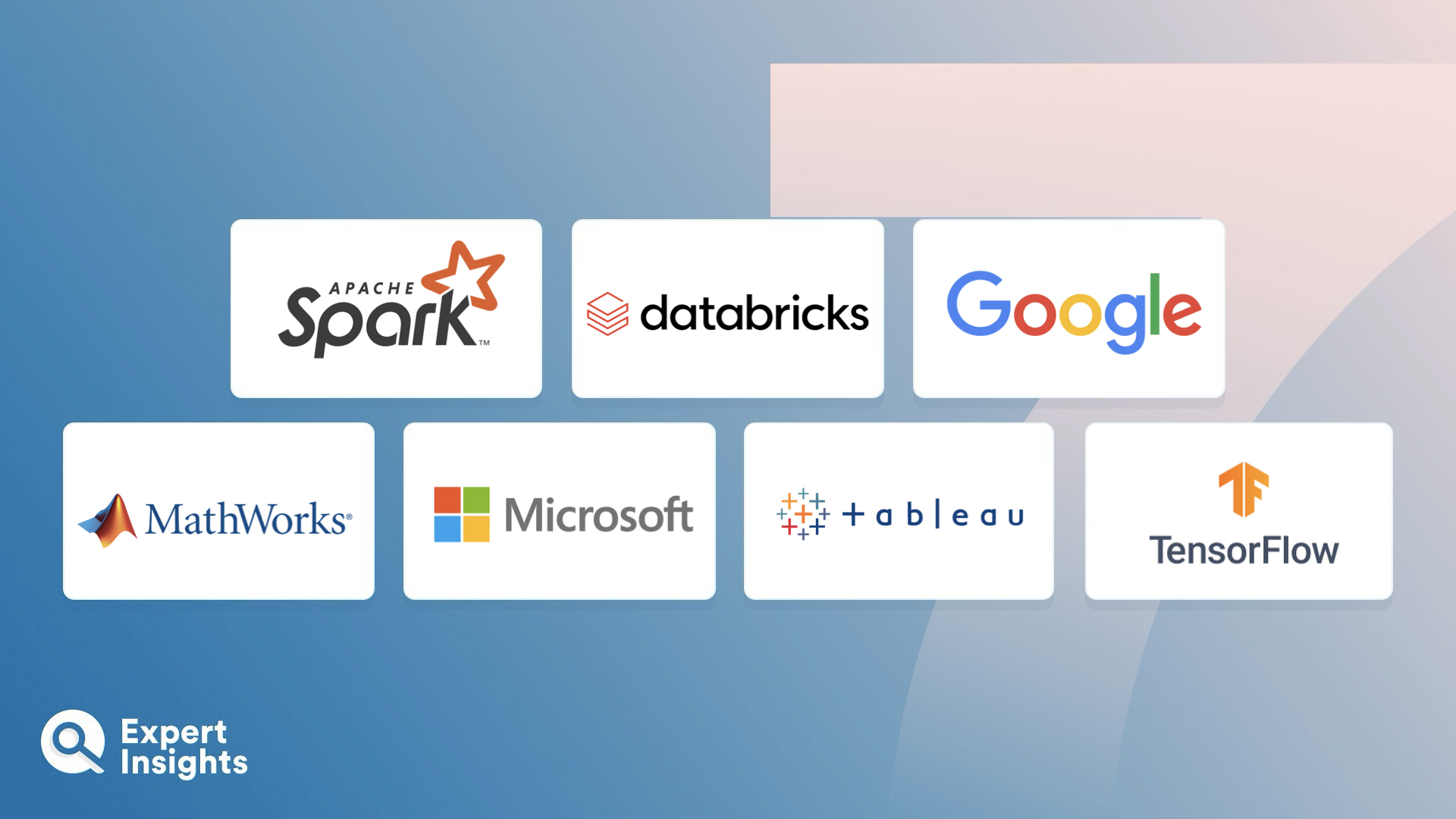Today’s increasingly data-driven business practices require support from Big Data analytics tools to extract valuable insights from vast quantities of data. This drives better decision-making, optimized operations, and makes it easier to identify new opportunities.
Big Data Analytics Tools can handle unstructured and semi-structured data by using techniques like data mining, machine learning, and predictive analytics to process and analyze data at a pace and scale beyond human capability.Many of the tools on our list form the backbone of modern data environments, offering advanced features such as real-time analytics, artificial intelligence, machine learning capabilities, and data visualizations, to support organizations in getting the most out of their data.
Our shortlist of the Top Big Data Analytics Tools takes into account multiple factors, including feature sets and capabilities, as well as compatibility, scalability, ease of use, and the insights gained from our in-house technical research.













